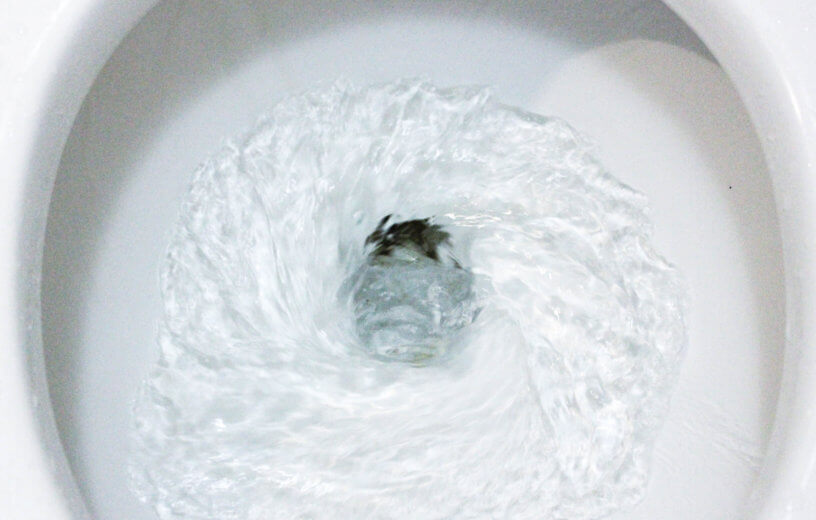DURHAM, N.C. — Wearable technology is as popular as ever with more people looking to keep tabs on their health and add years to their lives. Now it turns out folks can monitor their digestive health — thanks to a high-tech toilet that studies their poop as it gets flushed down the drain.
Scientists at Duke University say the device, dubbed “Smart Toilet,” could help treat millions of people who live with potentially deadly bowel diseases. It can be fitted within the pipes of an existing toilet and snaps a picture of a person’s poop when they flush. An algorithm then determines whether the movement is loose, normal or constipated, and whether it contains any blood.
The data could help doctors keep track of their patients’ bowel movements and provide better treatment to those suffering from irritable bowel syndrome (IBS) and inflammatory bowel disease (IBD). Anywhere from 25 million to 45 million Americans suffer from IBS, according to the International Foundation for Gastrointestinal Disorders. An estimated 3 million people in the U.S. have IBD, either in the form of Crohn’s disease or ulcerative colitis.
“Typically, gastroenterologists have to rely on patient self-reported information about their stool to help determine the cause of their gastrointestinal health issues, which can be very unreliable,” says study lead author Deborah Fisher, in a statement. “Patients often can’t remember what their stool looks like or how often they have a bowel movement, which is part of the standard monitoring process. The Smart Toilet technology will allow us to gather the long-term information needed to make a more accurate and timely diagnosis of chronic gastrointestinal problems.”
Smart Toilet shows impressive accuracy in scanning stool samples
The researchers analyzed more than 3,328 unique pictures of people’s feces, which were found online or provided by the participants. All the images were reviewed by gastroenterologists, and labelled according to the Bristol Stool Scale, a commonly used clinical classification tool.
A complex type of deep-learning algorithm was then used to analyze the unsavory images. It accurately classified the stools form 85.1 percent of the time and was able to detect blood in 76.3 percent of cases. This could help people who suffer from some bowel related diseases but are not in a position to report their condition to doctors.
“We are optimistic about patient willingness to use this technology because it’s something that can be installed in their toilet’s pipes and doesn’t require the patient to do anything other than flush,” says llead researcher Dr Sonia Grego. “An IBD flare-up could be diagnosed using the Smart Toilet and the patient’s response to treatment could be monitored with the technology. This could be especially useful for patients who live in long-term care facilities who may not be able to report their conditions and could help improve initial diagnosis of acute conditions.”
While a prototype has already been tested, the researchers are still adding features to their Smart Toilet. This includes taking stool samples for biochemical marker analysis, which would reveal highly specific disease data.
The findings were presented at Digestive Disease Week 2021.
SWNS writer Tom Campbell contributed to this report.
